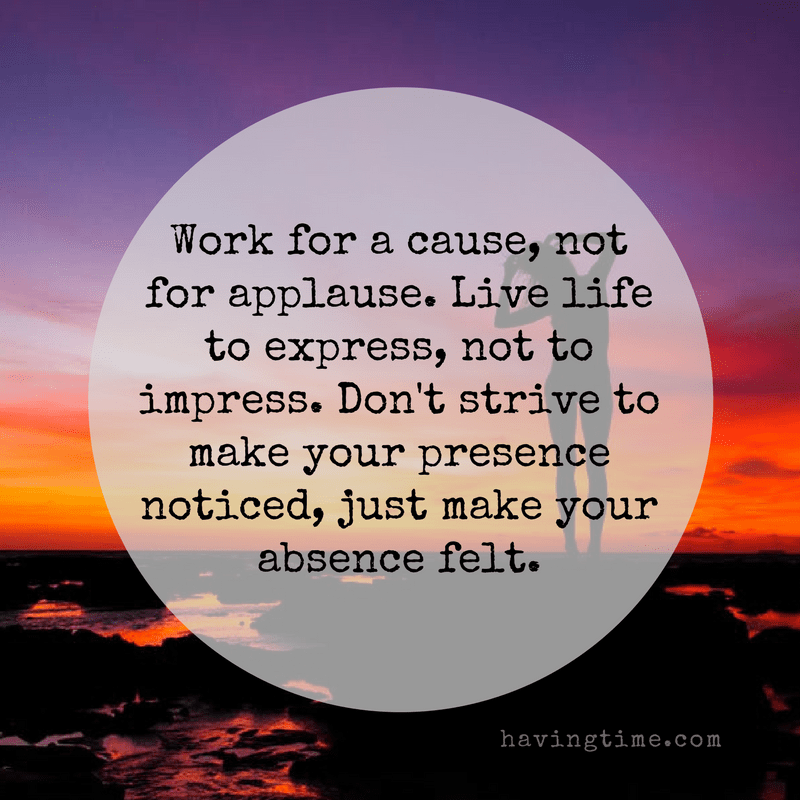Most of the psychologists view the act of procrastinating and self-sabotage as the subtle art of taking action against yourself; telling yourself compelling stories that you don’t want the things you actually do want and pushing away opportunities scattered around you.

Raise your hand if you haven’t, at some point, put off a planned activity for some other task of less importance. You probably can’t because all of us have done it at some point. In fact, according to some statistics, more than 20 percent of population procrastinates, and this number has quadrupled in the last thirty years!
Procrastination can be harmless, yet, in extreme cases, it can cause serious problems. One out of five people has taken this practice so far that they jeopardized their careers, relationships, and even health. On average, 40 percent of people have experienced financial loss due to this issue.
The sooner you realize that this can become a serious problem the sooner you’ll be able to address it and finally take control over your life. Here’s some help with that.
Take it one step at the time
It’s normal to dread the gigantic workload you have in front of yourself, but if you try to break it into small parts, and focus on one thing at the time. If it still seems too overwhelming for you, break it down even further. Soon enough, the job will be so easy that you won’t even remember why you have been putting it off in the first place.
For example, when I need to write an article I usually start with making a list of phases (yes, this is another task on the list, but believe me it helps), so the workload usually look like this:
- Research
- Deciding on the topic
- Drafting an outline
- Specifying the content
- Writing
- Revision
It also helps to have a detailed timeline with deadlines for each of the mini-tasks.
Also, take a moment to find out about another great tool called batching.
Don’t be afraid to ask yourself the hard questions
Procrastination often happens because we are not willing to face our dreams and what it takes to get to them.
Never be intimidated by asking the hard questions, and especially of the answers, you are going to give. Here are some that I find helpful when I’m at my lowest point:
- What do I need to do?
- Why do I need to do it?
- How is it going to help me accomplish my ultimate goal?
- What is stopping me?
- Is this happening because I can’t do the task ahead or because I won’t?
- What are the consequences of my actions or lack of my actions?
- Do I need help?
Find an environment that works best for you
An article published in Forbes magazine accentuated physical environment as a relevant factor of productivity and employee experience. Employees who enjoy their office are usually more engaged, productive, and healthy.
There are numerous indices, reports, and studies such as the Gensler’s Workplace Index that explore the relationship between the environment and business performance metrics, and all of them suggest a better workplace design for better performance.
Of course, changing your work environment is much easier to do if you work from home, but don’t be discouraged if you have a desk in an office or even a cubicle. Some simple touches, such as a houseplant, a new table lamp, and a motivational poster can do wonders for your productivity.

Don’t make procrastination easier
I spend 100 percent of my working hours in front of the computer screen. It is quite difficult for me to do something and not notice with the corner of my eye a notification for a new e-mail. Sure, it could be something important, but it almost never is, at least not important enough for me to stop what I’m doing and read it instantly.
If you want to improve your daily productivity, you should be smarter than me, and avoid such distractions. Of course, for you, some other thing can be your procrastination pit-stop (e.g., a book, Facebook, your phone, the proximity of your kitchen). Whatever it is, keep your head on the job and keep the distractions at bay and far away.
It is not a one-man fight
Have you ever watched a sports movie where the coach makes a phenomenal speech during the halftime and the losing team suddenly becomes super motivated and they win the game? I’m not saying to hire a coach to lead you through your desperate moments, but you do need to surround yourself with people who motivate you to do better and do more.
Identify the go-getters and hard workers at your work or in your line of work (if you are a freelancer) and hang out with them as much as you can. You can also use the “virtual world” to spend time with motivational people, by reading their blogs or communicating with them online.
A working companion with his/her own set of goals to share your stories with is also welcome.

A habit is not something that just happens, you make it happen
You probably don’t remember when was the first time you’ve picked up a toothbrush and started washing your teeth on your own, but there was that first time. Eventually, you’ve made regular teeth brushing a habit.
This is something you can do with all the chores you are constantly putting off, whether they are work or household related. For example, take one hour a day for cleaning your apartment, and do that each day, or five days a week. Take five to eight hours for effective work, and have pre-scheduled breaks.
Regardless of its type, every habit consists of three essential steps: reminder, routine, and reward. Apply these steps to your anti-procrastinating mission, and you’ll make it.
Soon enough, the day will feel strange without completing these tasks.
A small win is still a win
In a way, procrastination is liberating, because it usually means you are doing something you would rather be doing, but after some time it leaves you feeling guilty because you didn’t do what you were supposed to. If you are anything like me, you spend the rest of the day hating yourself because you didn’t succeed.
What you need to know, though, is that procrastination is not something you will resolve easily, and that’s why you need to stop being so hard on yourself. Every completed task is a small win, and every small win is still a win.
Try to maintain a positive mindset. Procrastination is usually something that happens when you are feeling sluggish, unhappy, and unmotivated. In fact, many studies suggested that positive thinking is directly associated with higher productivity.
Start by getting a good night sleep, eating a healthy breakfast, listening to music that makes you feel good, meditating, doing yoga, or anything that works for you. All of this will be a good beginning of better physical and mental outlook which will give birth to a much more productive you.
Just do it!
I find this Nike slogan to be a very appropriate way to say everything I want to say about procrastination – in short.
In the end, it all comes down to doing the thing you needed to do in the first place.
Of course, there is a lot of obstacles to be dealt with (and most of them are inside our heads) and a lot of dedication and hard work to be invested, but you have the power to turn things around.
This is the moment when you decide in which group you want to be. Do you want to be a go-getter who achieves goals or a modern-day Scarlet O’Hara (Gone with the Wind) who’ll think about it tomorrow?
Here’s a secret: tomorrow is not a magical land where all of your plans come true. It is a pit where your goals leave to die. Remember, there are millions of tomorrows, but only one today, and there is no better time to start being more productive and a better version of yourself than today.


